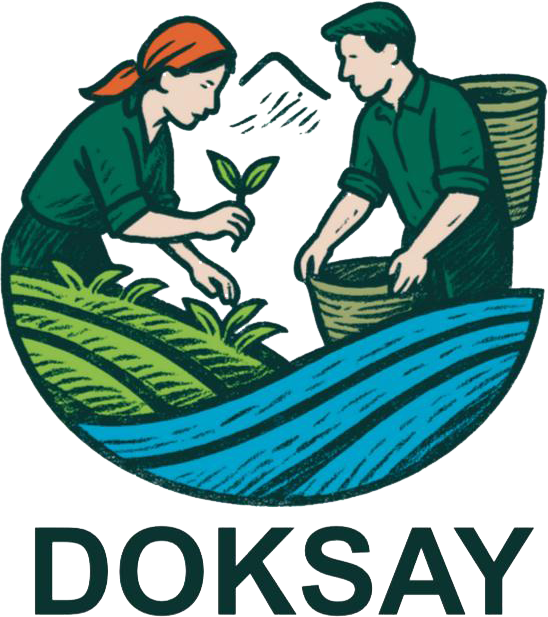Project Site
The pilot implementation site of the project is a 430-hectare Kireçhane micro-watershed located in Salarha town of Rize.
The region has a very steep topography and receives heavy rainfall throughout the year. These geographical and climatic characteristics make the micro basin extremely vulnerable to disaster risks such as floods and landslides.
Chemical fertilizers, particularly those used extensively in tea cultivation, negatively impact the soil's physical and biological structure over time, reducing its water-holding capacity and increasing the risk of erosion. This situation not only reduces agricultural production capacity but also increases disaster risks due to increased excessive rainfall caused by climate change.
Floods and landslides in the region in recent years have caused significant economic losses and destruction of natural resources in the tea plantations. In this context, the project aims to implement sustainable land use, ecosystem-based disaster risk reduction, and nature-based solutions that integrate traditional knowledge with innovative ideas.
